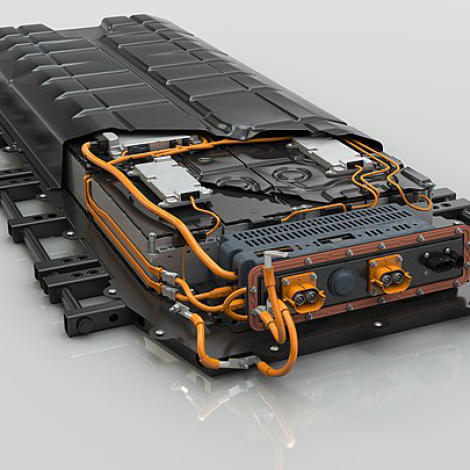Converting tired old electric vehicle batteries into energy storage for homes with solar panels could reduce household carbon dioxide emissions by 21 percent, saving about 1 ton of CO2 each year, new research suggests. Dr. Kara Kockelman, Alizer Khowaja and Matthew Dean at the University of Texas at Austin (USA) simulated a 6kWh behind-the-meter battery storage system using grid generation data and residential electricity demand and reported their findings in the March 2022 issue of the Journal of Energy Storage.
Related: Engineering Is Key To Easing the Supply Squeeze for Critical Materials in Clean Energy
Electric vehicle batteries slowly lose their ability to hold a charge over time and enter a secondhand market with 60% to 80% of their original capacity, which “Under favorable conditions could provide up to 10 years of second-life stationary [battery storage systems] at an economic savings of up to 60% compared to new storage systems,” the authors write.
Residential energy storage systems are not profitable in US homes under current tax policy, but they do save money for homeowners in countries with higher carbon taxes, such as Sweden, Mr. Khowaja told Engineering for Change.
“[US] homeowners with solar would be better off aligning loads like EV [electric vehicle] charging, laundry, and AC [air conditioning] with solar to reduce their electrical bills,” but storage systems can improve life in areas prone to power outages,” Mr. Khowaja says.
“On-site batteries can be extremely valuable (and thus ‘profitable’) for those who lose power regularly (versus being unable to stay warm or cool, losing perishable foods in the fridge, pool freezing over with pump not working, a low-charge BEV unable to travel to work),” Dr. Kockelman adds.
How to handle the battery may become the most important question in the lifecycle of electric vehicles. Mining and sourcing rare materials and manufacturing the battery is an environmentally destructive process. Impacts include “the depletion of water tables during mining, high emissions during battery manufacturing, e-waste due to a small percentage of batteries being recycled after operation, and contamination or exposure of toxic chemicals after disposal,” the authors write.
The environmental impacts could compound as more electric vehicles take the to roads. Under current policies, there will be a projected 145 million electric cars, vans, heavy trucks and buses worldwide by the end of the decade, the International Energy Agency reports. If governments increase their support for electric vehicles, however, that number may increase to 230 million.
To reduce the environmental damage and save money, startups are paving paths toward a circular economy of electric vehicle batteries. Companies and governments worldwide are finding ways to reuse batteries and recycle them when their useful lifetime has ended.
“Some of the largest automakers in the world are signing agreements with battery recycling firms to reduce landfill e-waste and recover minerals,” Mr. Khowaja says. “Laws and easy disposal processes are critical to collect and divert this e-waste for repurposing and recycling. We can look to China, which has a strong battery recycling market, and the European Union, which places the responsibility for EV disposal on the producer.”
In the private sector, startups are building technology to support repurposing batteries in homes.
“Second-hand battery startups are developing modular systems that look, feel, and act like new battery systems,” Mr. Khowaja says. His advice to consumers is to know the condition of second-hand batteries because their degradation accelerates as they age. And, he says, make sure the system includes battery management prolong the battery’s service life.


Loved this one